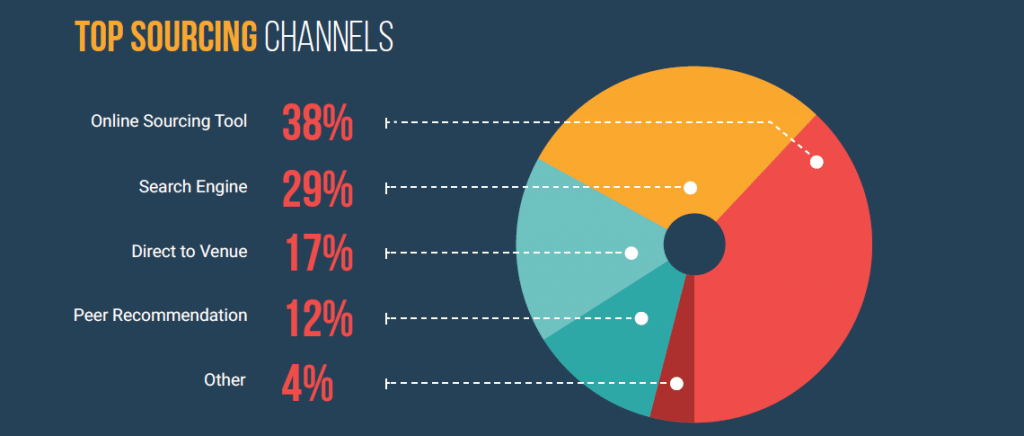How Millennials Are Disrupting the Meetings Industry

Skift Take
This sponsored content was created in collaboration with a Skift partner.
Take a hard, hard look at your meetings business. See any new faces among your clients?
We’re talking, of course, about the next wave of business travelers and meeting goers - the Millennials. They may be a small part of your client base now, but in the next 10 years, they will be a major factor in all aspects of a workforce that will be 75 percent technology driven.
Millennials are set to disrupt the way the meetings and events industry does business - if they haven’t already. To them, technology is everything. They want their answers now, on the screens of their smartphones. It’s also where they want to see the bottom line, and be engaged with all their friends and colleagues.
With future business on the line, engagement with Millennials is paramount, says Kevin Fliess, vice president of product marketing at Cvent, a meetings technology provider (and sponsor of this article): “As the next generation of meeting planners rises in the work place, hotels and event venues need to better understand their behaviors to close more group business."
Cvent recently surveyed more than 800 meeting planners to get their take on meetings, and of these, 41 percent were Millennials. So at Cvent we have a pretty good idea where they’re coming from, said Fliess. "It is clear from the survey findings that both the influx of Millennial planners and advances in event planning processes and technologies are changing how hotels should compete for lucrative group business."
A short slice of the survey indicates that 97 percent of Millennial planners found peer recommendations influential; that online venue directories and the venues’ corporate sites were highly influential with 93 percent of Millennial planners; and that 49 percent of Millennial planners would switch venues for less than a 10 percent discount.
These brief insights tell us that while Millennials are technologically sophisticated, as youngsters they lack the real-world experience and negotiation skills that Boomers have taken years to accrue. To compensate, Millennials use peer recommendations and bottom line dicta as their benchmarks.
Which leads to the four tenets of Millennial event planning:
- Tech rules
- Everything must be online
- Everything must be crowdsourced (peer recommendations, online reviews, etc.)
- Bottom line rules (go for the lowest price)
These form the nucleus of the Millennial mindset. If you’re not taking them into account, your meeting business could, as the kids say, #FAIL.
It is so important to stay on top of technology. Remember, the first members of this generation are about the same age as the “Wild Wild Web.” It was the sandbox in which, as they grew, they built larger and larger castles. And then they did something totally amazing: With precocious naivete, Millennials simply bypassed learned experience by creating a technological work-around. And with the virtual communities that were developed, Millennials re-defined the concept of “word-of-mouth” (now “user-generated content”).
For more insights into the minds of Millennial planners, check out Cvent’s 2015 Planner Sourcing: Gen Y Report.
Free Download
This content is created collaboratively in partnership with our sponsor Cvent.





